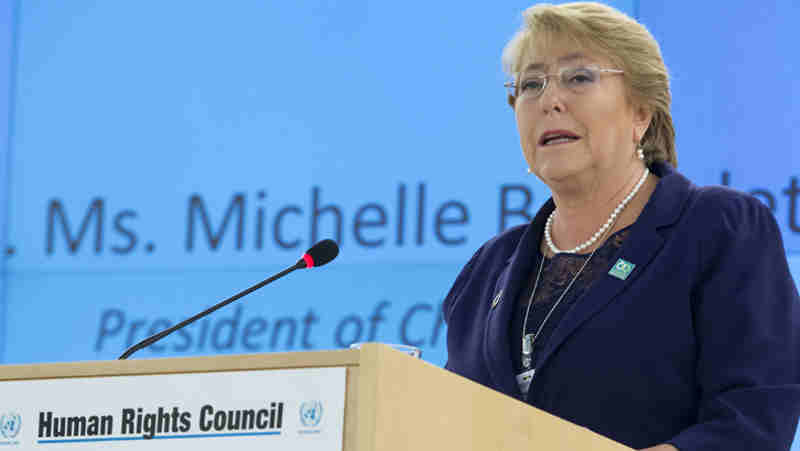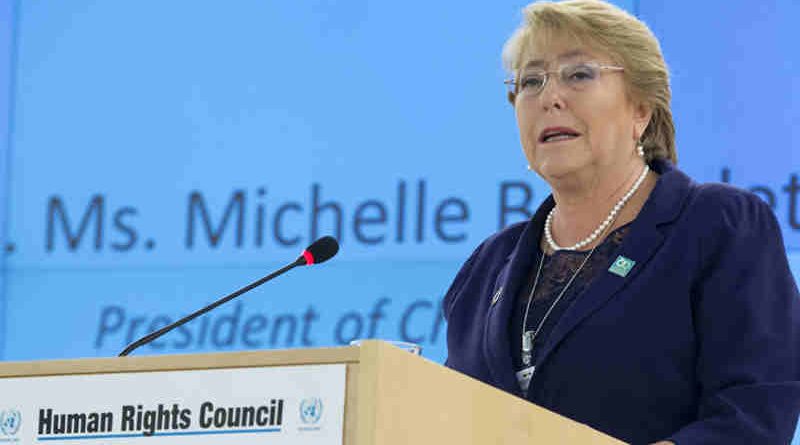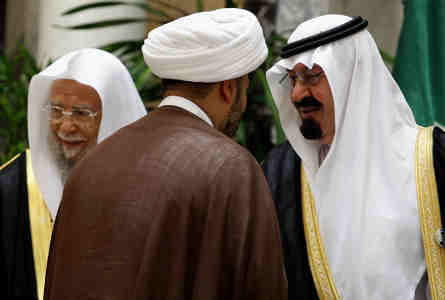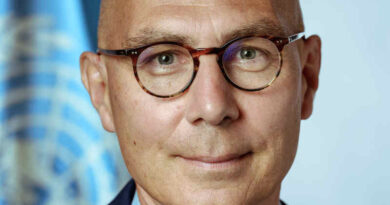Defunct UN Human Rights Treaty Bodies Demand Funds for Survival

Since these UN offices are dependent on the money contributed by the culprit States, they do not take any punitive action against them for human rights violations.
While the entire UN human rights paraphernalia has failed to protect human rights of citizens in different parts of the world, different UN outfits are demanding money for their survival.
Chairpersons of the 10 UN committees that monitor the implementation of international human right treaties called on States on Tuesday (August 4) to properly support their work, warning that the current underfunding is set to affect upcoming review meetings from September onward.
“States have a legal obligation to fund the treaty bodies. Their refusal to fully do so is all the more outrageous amid the Covid-19 pandemic which has led to a wide range of human rights violations around the world,” the chairpersons said.
In fact, the States should not give even a single penny to UN human rights bodies, because they are full of incompetent officials who can only tweet and create some sketchy reports that States committing violations simply ignore.
Despite the existence of UN human rights agencies – including the UN Human Rights Office – the human rights abuses are increasing in all parts of the world, while it is impossible to empirically measure the contribution of UN human rights offices and the so-called experts.
Since these UN offices are dependent on the money contributed by the culprit States, they do not take any punitive action against them for human rights violations. As a result, the staff and experts in these UN offices thrive like parasites while citizens in different countries are suffering.
Chairpersons of the UN committees also discussed the Covid-19 contingency strategy with the Deputy High Commissioner for Human Rights. The Chairs decided to continue the work of their Covid-19 Working Group, focusing on the practical impact of Covid-19 on the enjoyment of human rights.
According to an official communique, the establishment of this group will facilitate cohesive and collective responses by the treaty bodies as a system to combat challenges posed by the pandemic.
Luis Ernesto Pedernera Reyna, chairperson of the child rights committee, was elected as Chair of the Chairpersons Meeting and Danlami Basharu, chairperson of the disabilities rights committee, was named Vice-Chair for the coming year.
Official Statement: The UN human rights treaty body system comprises the Committee Against Torture, the Committee on Economic, Social and Cultural Rights, the Committee on the Elimination of Discrimination against Women, the Committee on the Elimination of Racial Discrimination, the Committee on Enforced Disappearances, the Human Rights Committee, the Committee on the Rights of the Child, the Committee on the Rights of Persons with Disabilities, Committee on Migrant Workers, Subcommittee on Prevention of Torture.
Each Committee is made up of elected independent experts who seek to ensure that States parties fulfill their legal obligations under that legal document. This system of independent scrutiny of the conduct of States by independent experts is a key element of the United Nations human rights system, supported by secretariats in the Office of the High Commissioner for Human Rights.






